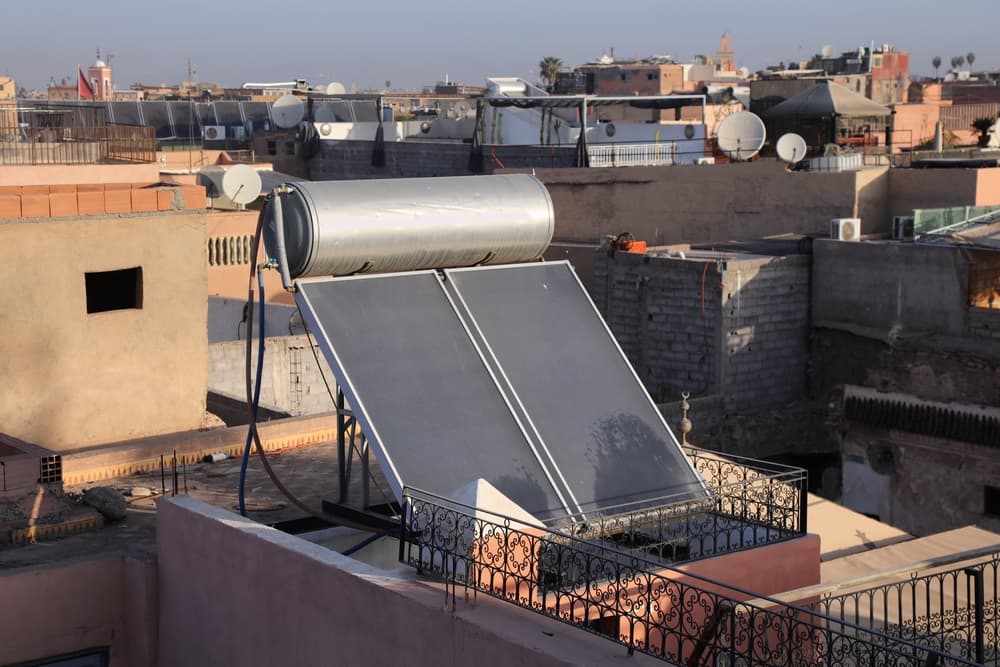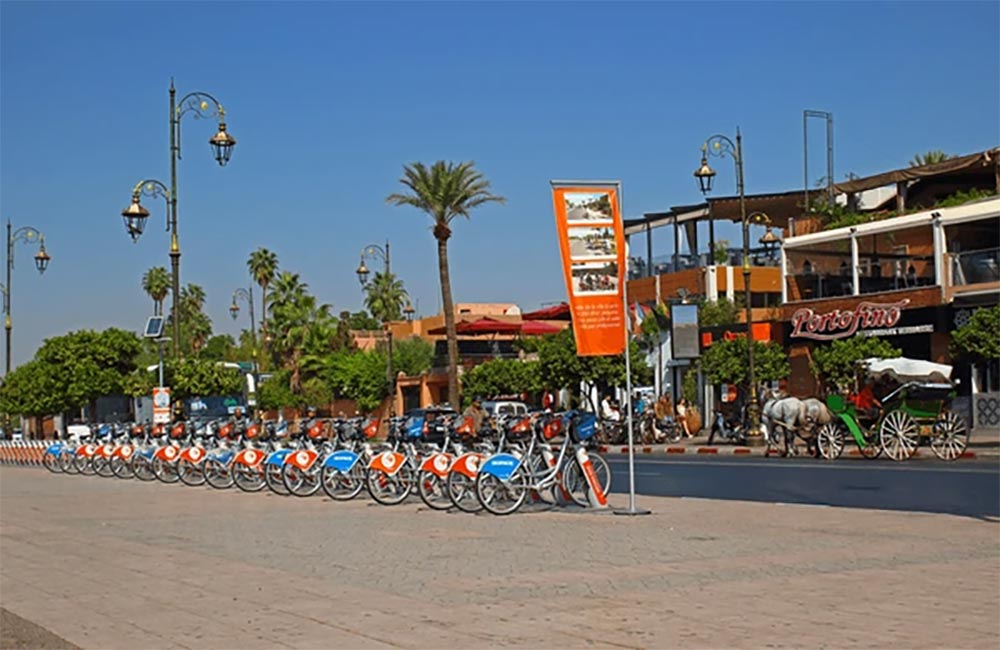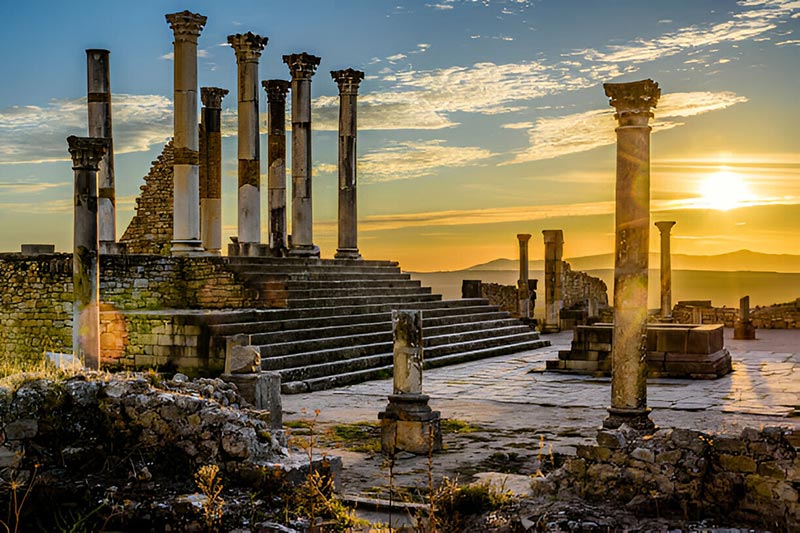Traveling is fun, but it’s important to do it in a way that helps our planet. This is called sustainable travel. It means making choices that are good for the environment and local people. Morocco is a beautiful country with amazing places to visit. However, it is also important to travel there responsibly.
When we travel, we can make a big difference by choosing eco-friendly options. This helps to protect nature and supports the people who live there. Sustainable travel is about finding a balance between having a great trip and being kind to the Earth.
In Morocco, there are many ways to travel sustainably. You can stay in green hotels, support local businesses, and respect cultural traditions. By making these choices, you help preserve Morocco’s beauty for future generations.
One of the first steps to sustainable travel is choosing eco-friendly accommodations. This means finding places to stay that care about the environment. Let’s explore how you can make your trip to Morocco both enjoyable and sustainable by picking the right accommodations.
Choosing Eco-Friendly Accommodations

Choosing where to stay is a big part of planning a trip. Picking eco-friendly hotels and resorts helps the environment. These places use less energy, save water, and reduce waste. They also support local workers.
When looking for a green place to stay, check for eco-labels and certifications. These labels show that the hotel cares about the planet. Some popular certifications include Green Key and EarthCheck. You can find these labels on the hotel’s website or booking sites. Checking for these certifications ensures you are choosing a place that meets high environmental standards.
Morocco has many eco-friendly accommodations. For example, some hotels in Marrakech use solar power and recycle water. In the Atlas Mountains, you can find lodges that use local materials and hire people from nearby villages. These lodges often use traditional building techniques that blend into the natural landscape, reducing their impact on the environment. Staying at these places helps protect the environment and supports local communities.
Many eco-friendly accommodations also offer activities that let you experience the local culture and nature responsibly. You might go on a guided hike in the mountains or visit a nearby village to learn about traditional crafts. These activities support local guides and artisans, providing them with income and helping to preserve their traditions.
By choosing eco-friendly accommodations, you make a positive impact on the environment and the local community. It’s a great way to ensure that your travel is both enjoyable and responsible.
Supporting Local Communities
Supporting local communities is an important part of sustainable travel. When you spend money at local businesses, you help families and keep traditions alive. This makes your trip more meaningful and helps the places you visit.
One way to support local communities is by staying in guesthouses owned by local families. These places often offer a cozy, friendly atmosphere. The hosts are usually very knowledgeable about the area and can give you tips on the best places to visit and eat. They might also offer homemade meals, giving you a taste of authentic Moroccan cuisine.
Eating at local restaurants is another way to help. You can enjoy delicious Moroccan food while supporting small businesses. Look for places that use local ingredients, as this helps farmers in the area. Try dishes like tagine, couscous, and pastilla, which are made from fresh, local produce.
Buying handmade goods from local artisans is also a great way to support the community. In Moroccan markets, you can find beautiful items like rugs, pottery, and jewelry. When you buy directly from the artisans, you ensure they get a fair price for their work. This helps them to continue their craft and support their families.
Participating in local experiences can also make a big difference. Join workshops where you can learn traditional skills, like pottery or weaving. This not only provides income for the artisans but also helps to keep these skills alive for future generations.
By supporting local communities, you help preserve the culture and economy of the places you visit. It makes your travel experience richer and more rewarding.
Responsible Wildlife Tourism
Wildlife tourism can be a wonderful experience, but it’s important to do it responsibly. This means making choices that protect animals and their habitats. Responsible wildlife tourism ensures that animals are not harmed and that their environment is preserved.
When choosing a wildlife tour, look for operators that follow ethical guidelines. These operators prioritize the welfare of the animals and ensure that tourists do not disturb them. They often work with local conservation groups to protect wildlife and educate visitors about the importance of conservation.
Avoid tours that involve direct interaction with wild animals, such as riding elephants or taking pictures with captive animals. These activities can be harmful to the animals. Instead, choose tours that allow you to observe animals in their natural habitat from a safe distance. This way, you can enjoy the beauty of wildlife without causing any harm.
In Morocco, you can find many responsible wildlife tours. For example, you might go bird-watching in the wetlands or take a guided hike in the mountains to see native plants and animals. These tours are led by knowledgeable guides who can teach you about the local ecosystem and the efforts being made to protect it.
Supporting conservation projects is another way to engage in responsible wildlife tourism. Some tours donate a portion of their profits to conservation efforts, helping to protect endangered species and their habitats. By choosing these tours, you contribute to the preservation of wildlife for future generations.
Responsible wildlife tourism ensures that your encounters with animals are both enjoyable and ethical. It helps to protect the animals and their environment, making your travel experience more sustainable.
Sustainable Transportation

Transportation is a major part of travel, and choosing sustainable options can reduce your environmental impact. Sustainable transportation methods use less energy and produce fewer emissions, helping to protect the planet.
Public transportation is one of the best ways to travel sustainably. In Morocco, you can use buses and trains to get around. These options are not only eco-friendly but also allow you to see more of the country and meet local people. Trains are a comfortable and scenic way to travel between cities, while buses can take you to more remote areas.
Cycling and walking are also great options for getting around, especially in cities and towns. Many places in Morocco are pedestrian-friendly, and walking or biking allows you to explore at your own pace. It’s also a healthy and enjoyable way to travel.
If you need to rent a car, look for eco-friendly options. Some rental companies offer hybrid or electric vehicles, which produce fewer emissions than traditional cars. Carpooling with other travelers is another way to reduce your carbon footprint.
In some areas, you can also find eco-friendly transportation alternatives, such as electric scooters or bike-sharing programs. These options are perfect for short trips and help to reduce traffic congestion and pollution.
Using sustainable transportation not only helps the environment but also enhances your travel experience. It allows you to see more of the local culture and landscape while minimizing your impact on the planet.
Waste Reduction and Recycling
Traveling can create a lot of waste, but there are many ways to reduce it. By being mindful of your choices, you can help keep Morocco clean and beautiful.
One simple way to reduce waste is to avoid single-use plastics. Bring a reusable water bottle, shopping bag, and food containers with you. This way, you won’t need to use plastic bottles, bags, or takeout containers. Many hotels and restaurants in Morocco are happy to fill your reusable bottle with water.
Participating in local recycling programs is another way to help. Many cities and towns in Morocco have recycling bins for plastic, glass, and paper. Make sure to separate your waste and dispose of it properly. Ask your hotel or guesthouse about recycling options if you’re not sure where to find them.
When shopping for souvenirs, choose items that are made from sustainable materials and avoid those with excessive packaging. Handmade goods from local artisans are often more eco-friendly and support the local economy.
Be mindful of your food waste as well. Order only what you can eat, and save any leftovers for later. Some restaurants also offer smaller portion sizes or let you share dishes, which can help reduce waste.
If you’re planning to spend time outdoors, make sure to leave no trace. Take all your rubbish with you and dispose of it properly. This helps to keep natural areas clean and safe for wildlife.
Reducing waste and recycling helps protect the environment and keeps Morocco beautiful for everyone to enjoy. It’s a simple way to make a big difference during your travels.
Cultural Respect and Preservation

Respecting and preserving local culture is an important part of sustainable travel. When you visit a new place, it’s essential to be mindful of local customs and traditions.
Start by learning about the culture before you go. Read about Moroccan customs, traditions, and etiquette. This will help you understand what is considered respectful behavior. For example, it’s polite to dress modestly, especially when visiting religious sites. Women should cover their shoulders and knees, and men should avoid wearing shorts.
Supporting cultural heritage sites is another way to show respect. Visit museums, historical sites, and cultural centers to learn more about Morocco’s rich history and traditions. Many of these places rely on visitor fees to maintain and preserve their exhibits.
Engaging in responsible cultural tourism means respectfully participating in local experiences. Join tours or workshops that are led by locals. This not only supports the local economy but also gives you a deeper understanding of the culture. For example, you might take a cooking class to learn how to make traditional Moroccan dishes or visit a Berber village to see how people live.
When interacting with local people, be polite and respectful. Learn a few basic phrases in Arabic or Berber, such as “hello,” “thank you,” and “please.” This shows that you appreciate their culture and are making an effort to connect.
Taking photos is a great way to remember your trip, but always ask for permission before photographing people, especially in rural areas. Some people may not feel comfortable being photographed, and it’s important to respect their wishes.
By showing respect for local culture and traditions, you help preserve them for future generations. It also makes your travel experience more enriching and meaningful.
Conclusion
Sustainable travel is all about making choices that are good for the environment and local communities. By choosing eco-friendly accommodations, supporting local businesses, practicing responsible wildlife tourism, using sustainable transportation, reducing waste, and respecting local culture, you can make a positive impact while enjoying your trip to Morocco.
Remember, every small action counts. Whether it’s bringing a reusable water bottle or learning a few words in the local language, these efforts add up. Sustainable travel helps protect the planet and supports the people who call these beautiful places home.
